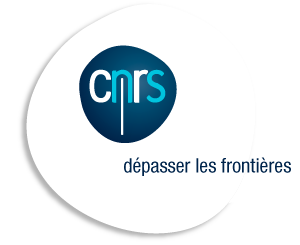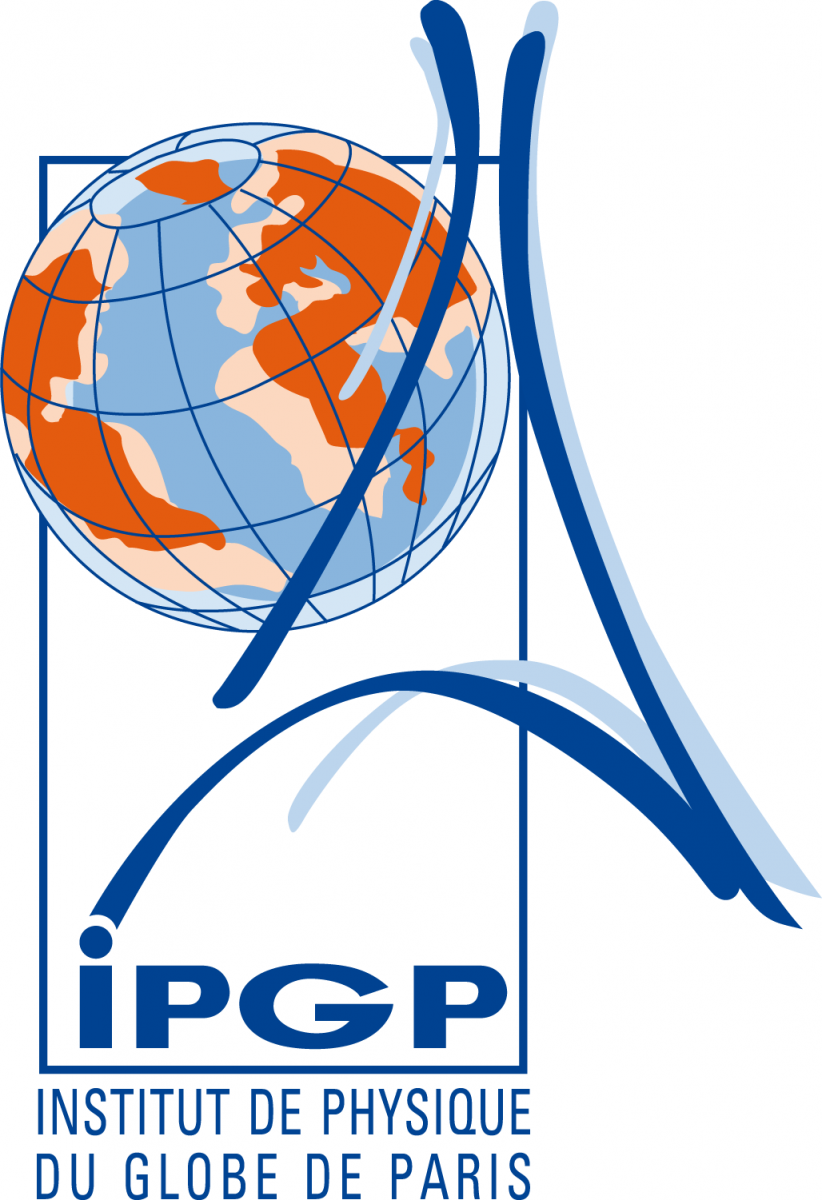The InterRidge Student and Postdoctoral Fellowship Programme continues to play an important role in the careers of early career ocean scientists. There was a high number of proposals submitted again this year and we awarded four InterRidge-funded Fellowships, together with three Fellowships for students from developing countries, supported by the ISA Endowment Fund.
The recipients of this year's InterRidge Fellowships are:
Lily Muller - a PhD student at NOC Southampton, UK
Phillipp Nasemann - a PHD student at Otage University, New Zealand
Florent Szitkar - a PHD student at Institut de Physique du Globe, Paris, France
InterRidge/ISA Endowment Fund Fellowships were awarded to:
Xinxu Zhang - a PhD student at Shanghai Jiaotong University, Shanghai, China
R. Rajasabapathy - a PhD student at NIO, India
______________________________________________________________
Lily Muller
------------------------------------------------
Phillipp Nasemann

Philipp Nasemann is a PhD student at the Centre for Chemical and Physical Oceanography -Department of Chemistry at the University of Otago in New Zealand and is supervised by Drs. Sylvia Sander and Claudine Stirling.
He just returned from a research voyage on RV Sonne to the New Hebrides island arc in Vanuatu where a new hydrothermal vent field was studied and sampled. His participation has been sponsored by Prof. Andrea Koschinsky from Jacobs University in Bremen, which he will visit as well to carry out further analyses.
According to his proposal “Fractionation of iron isotopes in Island Arc and Backarc Hydrothermal Systems” focus of the research will be on the alteration of the isotopic signature of iron along its transport from hot vent fluid to the open ocean. Therefore a comprehensive set of samples was collected to determine the initial iron isotopic compositions of host rock and hot vent fluid in this new vent field, and to monitor iron through the buoyancy process all the way into open ocean seawater. Studying iron isotopes and parameters such as iron/sulphur ratios will allow investigating whether significant amounts of iron are actually being exported from hydrothermal vent sites. The results will bring us one step closer to our goal of using iron isotopes as a tool to fully explain importance of different iron sources and the effect they have on the oceanic iron budget.
“I am doing a PhD in isotope geochemistry and marine biogeochemistry of iron. My main aim is to investigate the potential iron isotopes provide as a tracer for marine biogeochemical processes. This InterRidge Fellowship gives me the opportunity to expand my understanding of the biogeochemistry of iron into the field of hydrothermal processes and broaden my knowledge of oceanic iron cycling in general. This is crucial for my PhD and will enhance my ability to develop a career in marine geochemistry.”
-------------------------------------------------------------------
Florent Szitkar
Florent Szitkar is working with deep-sea, high-resolution magnetic data collected on hydrothermal sites along oceanic ridges worldwide. During his PhD at Institut de Physique du Globe de Paris (IPGP), he became familiar with different methods to process and interpret these data. His work reveal that ultramafic-hosted hydrothermal sites are characterized by a high magnetization resulting from chemical processes during serpentinization, whereas alteration is the main cause of the low magnetization observed at basalt-hosted sites. He successfully used this knowledge to help locating hydrothermal deposits during two cruises in the French exclusive economic zone in the Pacific Ocean.
After his PhD defense in May 2013, he continued his work as a post-doc in IPGP to prepare several articles while maintaining international collaborations with prestigious research institutes around the world, including WHOI (USA), GNS Science (New Zealand), and AORI (Japan). He is presently looking for a post-doctoral position starting at the beginning of 2014.
The Inter Ridge project aims to widen his expertise by applying a new inversion scheme developed by Dr. Chie Honsho from AORI (The University of Tokyo, Japan) which avoids the upward-continuation (i.e. the loss of resolution) of other methods. He plans to compute high-resolution magnetization maps over several hydrothermal sites of the Mid Atlantic Ridge, taking full advantage of the near-seafloor measurements and allowing a precise interpretation.
" I have always been interested in Earth Sciences. Even if it’s not easy to choose the research topic, the best choice I did was to apply for this thesis project, not only because it’s really exciting but also because I have always enjoyed really friendly and warm relationships with my supervisor, Dr. Jérôme Dyment. Under his supervision, I had the opportunity to learn how to become a scientist and prepare papers for prestigious journals. With the professional skills he gave me, I’m now ready to hug a really interesting scientific career! ".
__________________________________________________________
The two 2013 InterRidge/ISA Endowment Fund Fellows are:
Xinxu Zhang

I have always been fascinated by the microbial life inhabiting oceanic crust since I started my PhD in oceanic crust microbiology and biogeochemistry. This fellowship gives me a great opportunity to investigate the microbial diversity and mineral-microbe interactions of North Atlantic crustal biosphere with top scientists and state-of-the-art technologies. The result will help on understanding the roles of microbes in ocean crust weathering and I will gain extensive experience in studying microbial transformations of earth materials which is crucial for my future research.
------------------------------------------------------------
R. Rajasabapathy

“Knowledge on Methanotrophic bacterial diversity in the vent regions is of foremost significant because of the chemotropic mode of adaptation. But the diversity of these groups in the vent sites has been complicated to identify due to its limitation in the phenotypic and chemotaxonomic properties. I have always been interested in studying the diversity of marine bacteria especially identifying the functional groups from the shallow water hydrothermal vents. The IR/ISA fellowship will give me an opportunity to explore the methanotrophic bacteria from shallow hydrothermal vent in Azorean Island through methane monooxygenase genes (sMMO)”.
Rajasabapathy is currently doing his Ph.D on “Molecular diversity of shallow water hydrothermal vent (Azores) bacteria, their adaptation and biotechnological potentials” under the guidance of Dr. C. Mohandass at CSIR-National Institute of Oceanography, Goa, India. He will visit IMAR- Dept. Oceanography and Fisheries-University of Azores to work on “Forecasting of Methanotrophs by methane monooxygenase genes (sMMO) from the shallow water vent Espalamaca” under the supervision of Dr. Ana Colaco.




